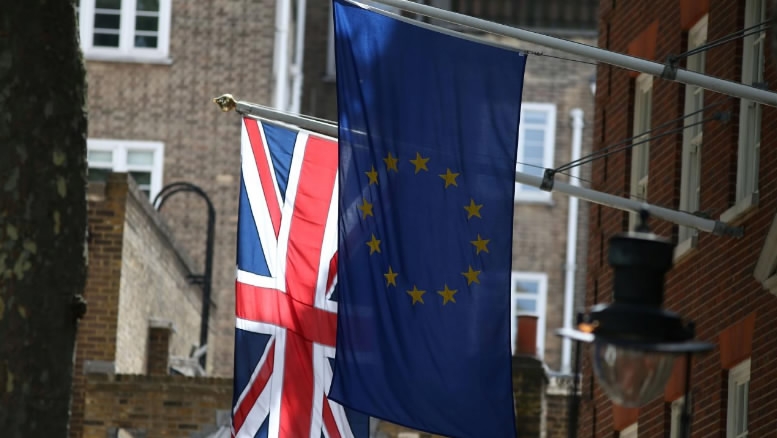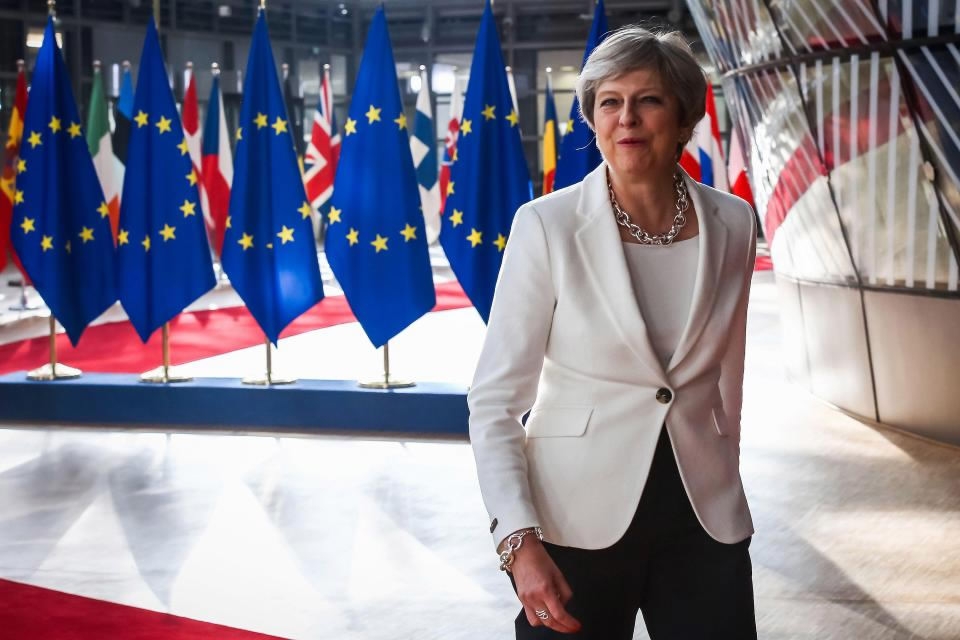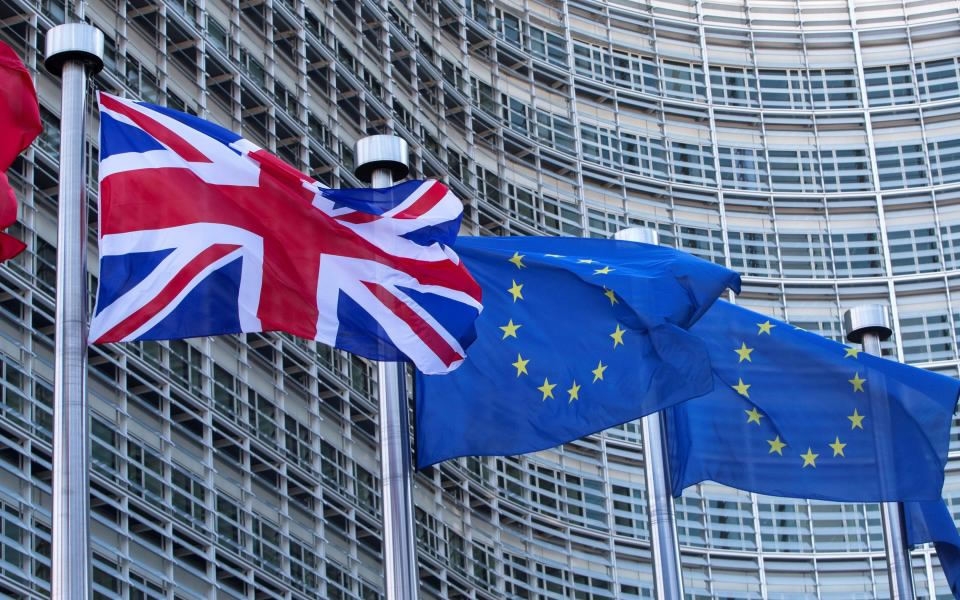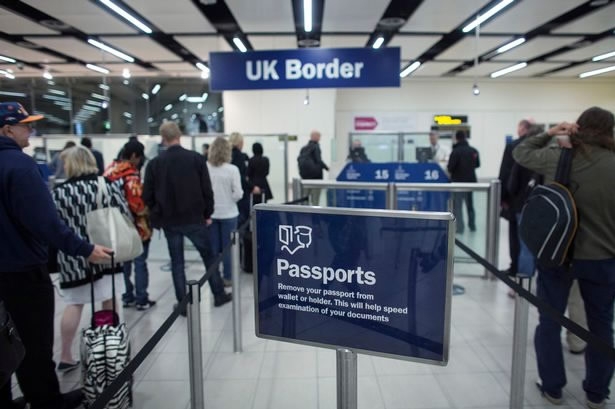
Business
19:00, 20-Aug-2017
UK not ruling out possible EU oversight of borders after Brexit
CGTN

The UK will not rule out the possibility that the European Union may retain oversight of customs border controls after it leaves the bloc, as the country seeks ways to keep unhindered access to EU markets following Brexit.
Last week, the UK published a policy document proposing two possible models for British-EU customs arrangements after withdrawal from the EU in 2019.
Prime Minister Theresa May's government wants to push discussions with the EU beyond a focus on settling divorce arrangements to its future relationship with the bloc to bring clarity to anxious businesses, citizens and investors.

British Prime Minister Theresa May /Reuters Photo
British Prime Minister Theresa May /Reuters Photo
The first model was a "highly streamlined customs arrangement" which involved the re-introduction of a customs border but which envisaged electronic tracking of shipments, rather than physical checks of goods and documents at the border.
An alternative proposal was the "new customs partnership" which would remove the need for a UK-EU customs border altogether.
Under this model, the UK would operate as if it was still part of the bloc for customs purposes. British goods would be exported tariff-free and Britain would levy EU tariffs on goods coming into the UK for onward passage to the EU directly or as components in UK export goods.
The EU’s system of movement of goods across EU borders without checks works on the basis that all members closely monitor shipments coming into the bloc from outside, to ensure the correct tariffs are paid and that goods meet EU standards.

AFP Photo
AFP Photo
The EU anti-fraud agency OLAF polices customs agencies across Europe to ensure they are correctly monitoring imports. OLAF has the powers to conduct on-the-spot inspections and seek information from customs bodies.
If OLAF finds weaknesses in a country’s systems and that the member is not charging the appropriate duties on imports from outside the EU, it will recommend that the European Commission, the EU’s executive arm, should recover money from the offending member.
A spokesman for the UK’s tax authority said it questioned OLAF's estimate of lost revenue. Duties collected are paid to Brussels.

UK Border /AFP Photo
UK Border /AFP Photo
Commission duty recovery claims can be appealed to the Court of Justice of the European Union (ECJ), the EU’s highest court.
Prime Minster Theresa May has said the UK will no longer be subject to the jurisdiction of the ECJ after Britain’s exit from the bloc.
However, the British finance ministry declined to say if the country would bar OLAF from policing the UK’s customs system under the "new customs partnership" model or whether it would allow the Commission to make demands for recovery of lost duties.
"The exact form of the arrangements will be agreed as part of the negotiations," a ministry spokeswoman said.
8156km
Source(s): AP
,AFP
,Reuters

SITEMAP
Copyright © 2018 CGTN. Beijing ICP prepared NO.16065310-3
Copyright © 2018 CGTN. Beijing ICP prepared NO.16065310-3